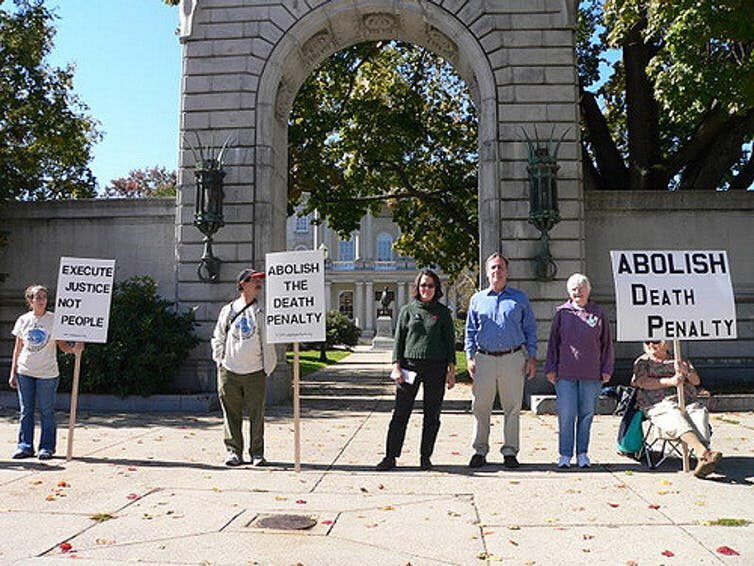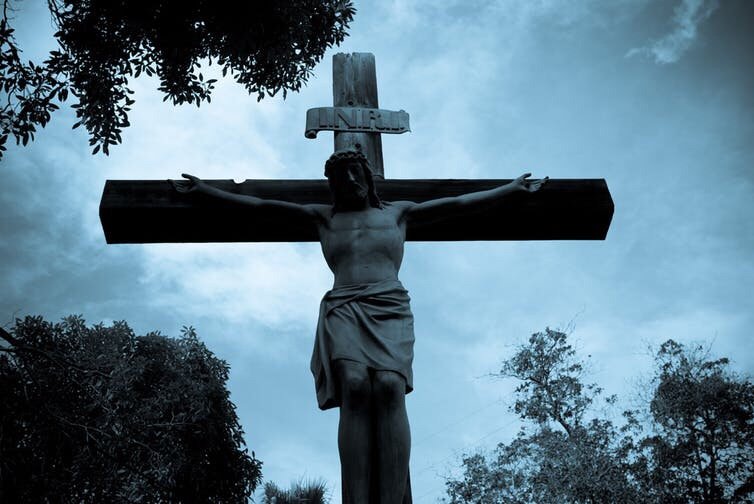Pope’s Declaration
Pope Francis recently declared that the death penalty is inadmissible. The implication of this declaration is that the death penalty shouldn’t be used under any circumstances. In addition, the declaration now stands as an alteration to the Catechism of Catholics and Roman Catholics all over the world are bound by it.
While some Christians support this capital punishment and see it as a way of punishing criminals for their terrible crimes, others cannot stand it. In addition, there are Christian theologians who are of the opinion that the imposition of capital punishment could cause the criminals sentenced to such to become repentant in the face of this punishment.
There are two opposing sides to this debate. It will be recalled that in earlier centuries, authorities looked at Christianity with so much suspicion. Athenagoras while defending Christians that were unfairly accused of crimes in Rome during the second century, expressly condemned the death penalty. He further added that Christians couldn’t bear to see such penalty imposed on another man, even though it was a just imposition.
However, as the religion became more linked with the power existing in the state, Christian monarchs in Europe, as well as the governments, regularly imposed death penalty till it was abolished sometime in the 1950s by the European Convention on Human Rights.
In the Western world, the US and Belarus are the only countries that still have capital punishment even for crimes that were not committed in times of war. However, China and a lot of nations in South Asia, Africa, and the Middle East still have the death penalty as a punishment.
A 2015 survey by the Pew Research Center revealed that the support given to this capital punishment is declining all around the world. However, in the US several white Catholics and Protestants are still in its favor.
American criminal justice system critics have argued that the capital punishment’s deterrence value is largely debatable. Also, studies have shown that in the US, this death penalty has been unfairly applied, particularly to African-Americans.
The Christian Perspective
Hebrew Bible in Exodus Chapter 21 versus 12 reads that anybody who strikes another person to death shall also be made to die. However, Jesus Christ in Matthew rejects the retribution idea as he says when a person slaps your right cheek, you should turn the other cheek.

There is no denial that Hebrew Bible already prescribes death penalty as the punishment for different offenses, we can also not deny that the Jewish jurists of later times also stipulated rigorous standards before this penalty can be imposed so that it is only pronounced in very rare circumstances.
St. Paul the evangelist in his letter to the people of Rome said that the ruler takes up the role of an avenger for carrying out the wrath of God on those who do wrong. In the Middle Ages, several witches, heretics, and murderers were sentenced to die in Europe. The courts of the church in the era were not the one who carried out the death penalty, rather they handed the criminals to secular bodies who executed them.
Also, Thomas Aquinas, a 13th Century philosopher of the Roman Catholic church claimed that this penalty had justification when it is considered in the light of the social welfare at large. At later times, Protestant reformers supported the state’s right to impose the death penalty. A protestant reformer and theologian, John Calvin’s, the argument was that forgiveness in the Christian sense didn’t amount to an overturning of existing laws.
Pope Francis View
Pope Francis is known all over the world for his position against this capital punishment. In the letter that accompanied the declaration of Pope Francis, he made several points. One of such points is that the Catholic Church previously gave teachings that the capital punishment is considered to be appropriate in specific instances. Second, it states that the modern methods that exist for imprisonment serve to effectively protect the members of the society from the criminals. In addition, it states that this new development is consistent with the thought patterns of Pope Benedict XVI and John Paul II

While Benedict XVI supports the total elimination of this capital punishment, St. John Paul supports that it should only be used in cases of absolute necessity.
Pope Francis noted that it is a forgiveness ethic and he believes that people who cause harm to the society should be made to make amendment through life-affirming actions.




